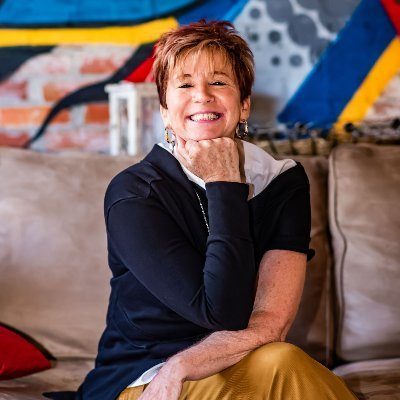Life Science companies need skilled employees and Durham residents, especially those displaced by the virus, need living-wage employment opportunities now more than ever.
The BULLS Initiative is both
• A long-term pipeline development initiative
• Immediate post-COVID jobs initiative
Building Up Local Life Sciences: Building the Foundation to Close Durham’s Racial Wealth Gap
Summary
Creating a system of equitable pathways into Durham’s life sciences industry, BULLS harnesses the city’s dominant industry to create access for the city’s communities of color to the high-earning jobs that are the foundation for sustained wealth creation.
Why
In Durham, North Carolina, the life science industry serves as the foundation for the city’s booming economy, but In reality, Durham’s life science labs create high paying jobs and opportunities shared by too few Durhamites of color. As Durham grows, it faces a choice between letting the life science industry exacerbate a large racial wealth gap, or harnessing the industry to provide an equitable opportunity for the city’s workers of color to earn the higher incomes essential to building wealth and closing the racial wealth gap.
Within the context of the duel pandemics of systemic racism, which created Durham’s racial wealth gap, and the novel coronavirus, which exacerbated it, the need for a systemic transformation of Durham’s structure of opportunity is essential to the city’s future. As Durham has grown, the city has increasingly represented a tale of two cities: Despite being home to many of North Carolina’s highest paying jobs, it is also home poverty levels that exceed the state average. Measured in wealth held, almost a third of Black and Hispanic households hold zero or negative net worth, a rate more than twice that of white residents. Income disparities did not create the wealth gap, but promise to expand it. Durham’s white households ($47k) currently earn more than twice that of black households annually ($23k), and 68% more than Hispanic households ($32k).
COVID-19 exacerbated the city’s racial wealth gap. Statewide, employment remains depressed for workers making under $27k annually by 22.9% relative to pre-pandemic levels, while employment for workers making over $60k annually has rebounded to levels higher than prior to the pandemic. Notably, the leisure and hospitality industry, where workers of color are over-represented, saw their workforce in Durham decline by 34% in 2020. The inequitable distribution of work and income during the pandemic increased the probability that families of color would need to expend wealth held to meet basic needs, while white families continued to cover their expenses and build wealth through increased savings. This path is untenable. The current structure of opportunity in Durham ensures that the inequities of the present will grow greater in the future.
Read More about how BULLS proposes to address this issue.

Casey Steinbacher
Executive Director of Made In Durham
